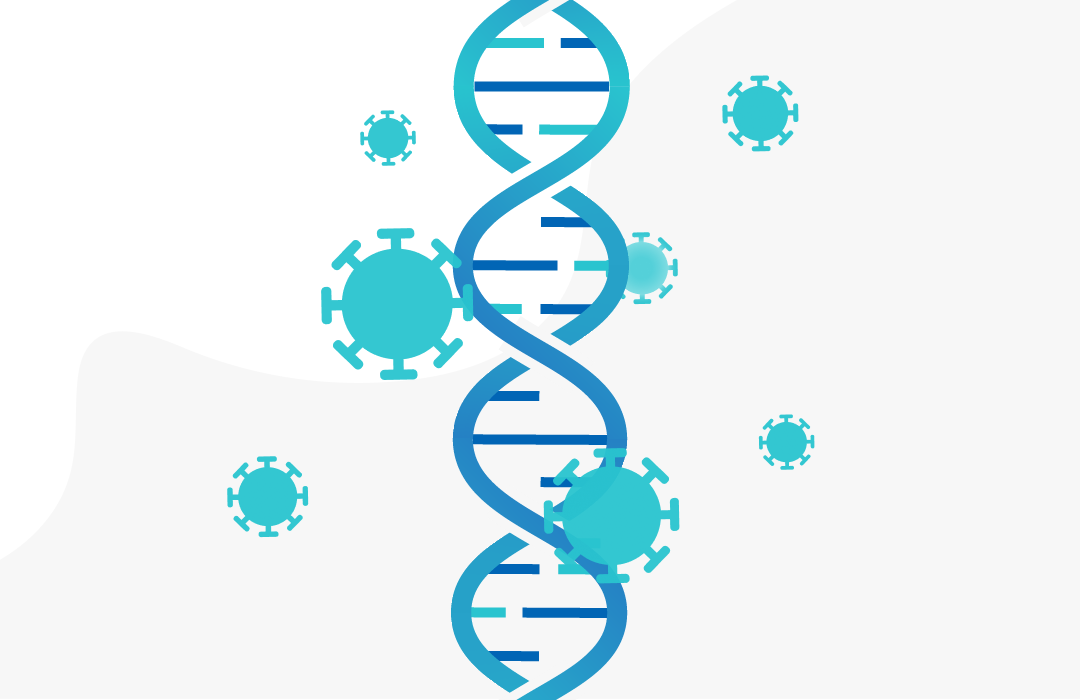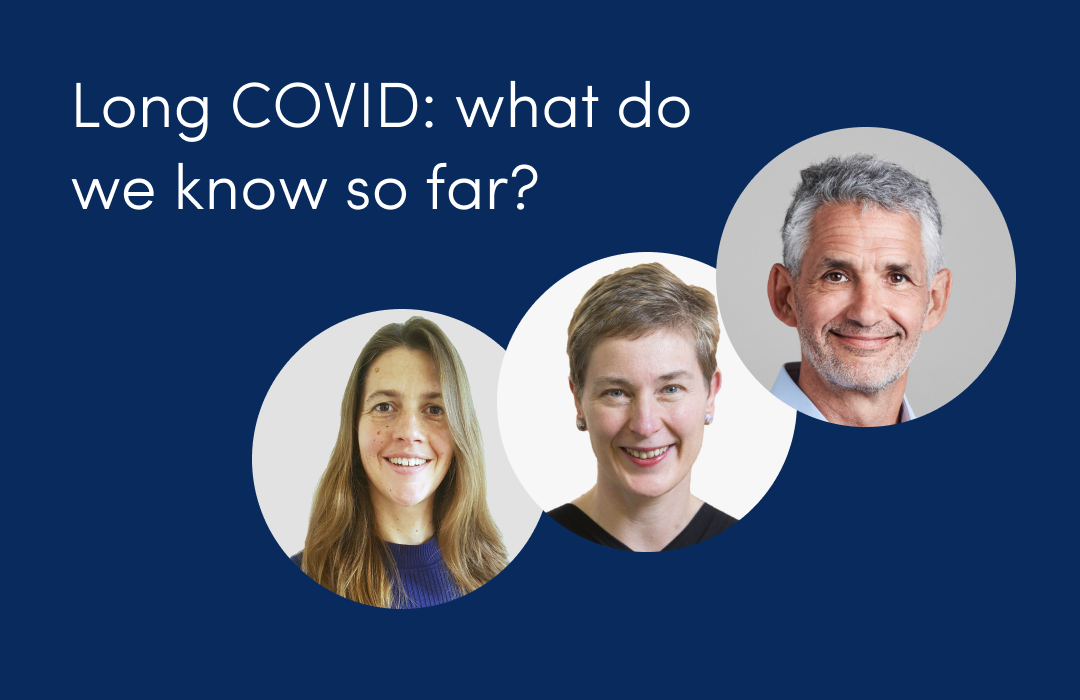
You asked: What should I eat during the pandemic?
May 11, 2020

This article has not been updated recently
What should you eat during the coronavirus pandemic when it’s hard to buy fresh food? And do you need to eat meat to stay healthy?
Many people may be finding it hard to know how best to eat healthily during the COVID-19 pandemic, especially if it’s difficult to shop for fresh food.
We asked our experts for their advice on eating to support your immunity, what to do if you can’t buy fresh fruit and vegetables, and whether you really need to be eating meat right now.
We spoke to Professor Tim Spector and Dr Claire Steves from the COVID Symptom Study team at King's College London to find out about the best way to eat to stay healthy during the pandemic.
What do I need to eat to stay healthy during a pandemic?
As the COVID-19 pandemic continues, people are looking for the best ways to stay healthy and avoid catching the disease.
So, what should you eat to support your immune system? And how can you stay healthy, even if you can’t get to the shops to buy fresh produce?
“There isn't one food that's going to save you,” says Tim. “There's not one superfood. It's about getting that right balance - eating a wide variety of healthy foods, including lots of fruit and vegetables.”
Expensive ‘immune-boosting vitamin supplements’ are probably a waste of money for most people (we will be covering this in more detail in a future post). However, we know that eating a diverse range of plants is the best way to get all the vitamins and minerals you need and to help the bugs in your gut to produce immune-boosting chemicals.
What if I can’t get hold of fresh fruit and veg?
If you’re stuck at home because you are vulnerable or sick, you might be worried about getting the healthy food you need.
“In this time of crisis, when we're not able to go to the shops frequently and some products are quickly selling out, it's important to make sure that everybody in our society is benefiting from fresh produce,” says Claire.
She advises having a network of friends and neighbours who can shop for you, and not being afraid to reach out and ask for help.
Local volunteer organisations can also connect you with support in your area - Mutual Aid UK is gathering a list of networks across the UK. And many food delivery services are reserving slots for the elderly and vulnerable.
If it’s becoming hard to get hold of fresh fruit and veg, there are longer-life alternatives that can be just as healthy and easy to add to your shopping cart or online order. Simply switch to frozen and tinned fruit and vegetables to keep you going.
“Frozen veg like peas and carrots are preserved quickly after picking so they still have good levels of nutrition,” explains Tim. “Canned beans, lentils and chickpeas are pretty much as good as in their natural state. And frozen berries keep all their nutrients too.”
What about eating meat?
This isn’t a problem for vegetarians or vegans, but many people still choose to eat meat as a regular part of their diet. There’s pressure on the meat supply at the moment, leading to relatively bare shelves in some supermarkets. But how vital is eating meat for our health anyway?
“Most people, like myself, are fine with eating meat once or twice a month,” Tim says. “Don't worry about getting regular meat. It's not going to protect you against the virus or help you in any other way.”
Tim even suggests that now might be a great time to try eating less meat. Try switching in protein-rich substitutes like lentils, beans, mushrooms, tofu or Quorn to make your regular recipes meat free or just go a bit further.
And if you do still want to eat meat? Tims’ advice is to aim for quality not quantity.
“Always try and get higher quality meat without additives, rather than eating bad quality processed products,” he adds.
Notes for your shopping list
- Maintaining a healthy, varied plant-rich diet with lots of fruit and vegetables is the best way to support your immune system and overall health
- A network of friends or neighbours is a great way to make sure you get the food you need if you are vulnerable or become sick
- Preserved fruit and vegetables, including frozen and canned foods, can be just as good as their fresh counterparts in terms of nutrition and don't have to be expensive
- You don’t need to eat lots of meat to stay healthy
- Avoid ultra-processed foods as much as you can as there is increasing evidence they aren’t great for your gut and immune health
If you’re interested in learning more about nutrition and health, head over to The Curve - Nutritional Science Made Clear, from ZOE.
Find out more:
- Looking for a simple way to boost your health? Eat more plants – ZOE
- A healthy gastrointestinal microbiome is dependent on dietary diversity
- Health Check: is fresh food always the best choice? – The Conversation
- Explainer: How the coronavirus crisis is affecting food supply – Reuters
- Coronavirus: how to keep your gut microbiome healthy to fight COVID-19 – The Conversation
- The Diet Myth - Tim Spector
- Spoon Fed - Tim Spector












.png)


.jpg)














.png)







%202.png)
.png)


















.png)






